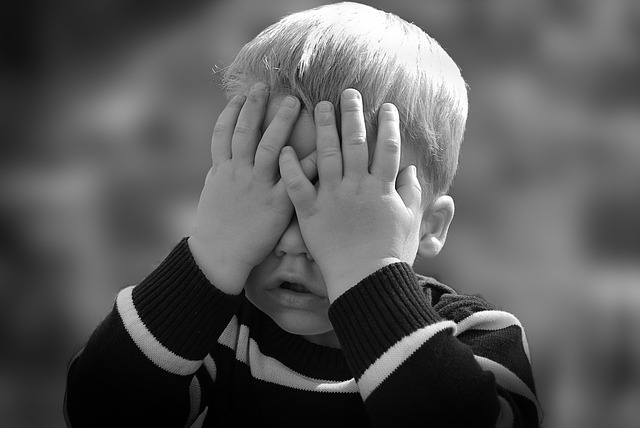You shouldn’t listen to the “shoulds”. Or should you?

Lately I’ve been allowing myself to do something I caution others to never do: read the comments.
Whenever I’ve come across a news story that has something to do with self defense or disaster preparedness, I read a few of the comments left by others. I’ve noticed something interesting: they often use the word “should”.
“I should be able to shoot anyone who comes into my house uninvited.”
“A couple of days of food should be enough for any emergency.”
“I should be able to go wherever I want without being attacked.”
“Our parks should be safe.”
“The government should respond faster during a disaster.”
“I should be able to carry my gun everywhere.”
It’s almost childish; it’s like they’re closing their eyes and demanding that the world not be like it is!
What is and what isn’t
Too many people don’t want to be obligated, even by common sense, to do what’s right to protect themselves and their loved ones; they expect others to do that for them. They don’t want to be imposed upon, but they’re certainly willing to impose upon others. They avoid reality by retreating into a make-believe world where nothing is out of sorts
That, I think, is there the “shoulds” come from. No one wants to accept responsibility for their own actions (or inactions, as the case may be.) We want to push that to others. Most of all, we don’t want to accept the world as it is. The world “should” be a perfect place; bad things “shouldn’t” happen to good people.
But it isn’t, and they do.
Paste this on your forehead
When I was younger, someone uttered a profound truth to me:
You either accept reality and use it to your advantage, or it will automatically work against you.
I’ve forgotten who told me that, but I’ve not forgotten the lesson. The world is what it is; it is as we experience it today. That’s what we have to work with.
This isn’t to say that we stop striving to change the world. In the long term we can, and should, make our world better, to solve fundamental problems and to right our wrongs. I am not prescribing defeatism!
But for the here and now, you and I have to work with what is, not what should be.
That, I think, is at the heart of defensive preparedness: accepting that bad things happen, that they can happen to you, and coming to the conclusion that it’s in your own best interest to be ready to survive those things.
It doesn’t matter what the thing is, but from job loss to natural disaster to accident to criminal attack, preparedness means having some self-support mechanisms in place to ensure that you can survive until the stuff which “should” happen actually happens.
Especially when it doesn’t.
What should you do?
If you find yourself thinking, even for a second, “I shouldn’t have to…” or “everyone else should have to…”, stop and ask yourself what you’re trying to avoid. I agree that this is often scary stuff, and many of the things that defensive preparedness entails are not at all pleasant. But face them you must, if you’re to live a safer and more confident life.
Those are things that can’t be put off by the “shoulds”, because they’re part of that reality I spoke of earlier. Using “should” as an excuse to not prepare, to not equip or train, is a failure to acknowledge reality — and allow it to work against you.
Instead, point the “shoulds” back at yourself:
I should prepare.
I should become more resilient.
I should be able to protect myself and my loved ones.
I should equip my house to survive a storm.
I should have plans in place for a fire.
I should revisit my preparations regularly.
I should acquire the skills needed to do all of that.
And then actually do them.
Because you should.
– Grant
P.S.: I’ve written books on a number of these topics, and I’m sure you’ll find something in them to help you in your own defensive preparedness. Check out my bookstore, where you’ll find both electronic and good ol’ disaster-proof paper versions!
Listen to this blog – and subscribe to it on iTunes by clicking this link!
- Posted by Grant Cunningham
- On October 1, 2018

